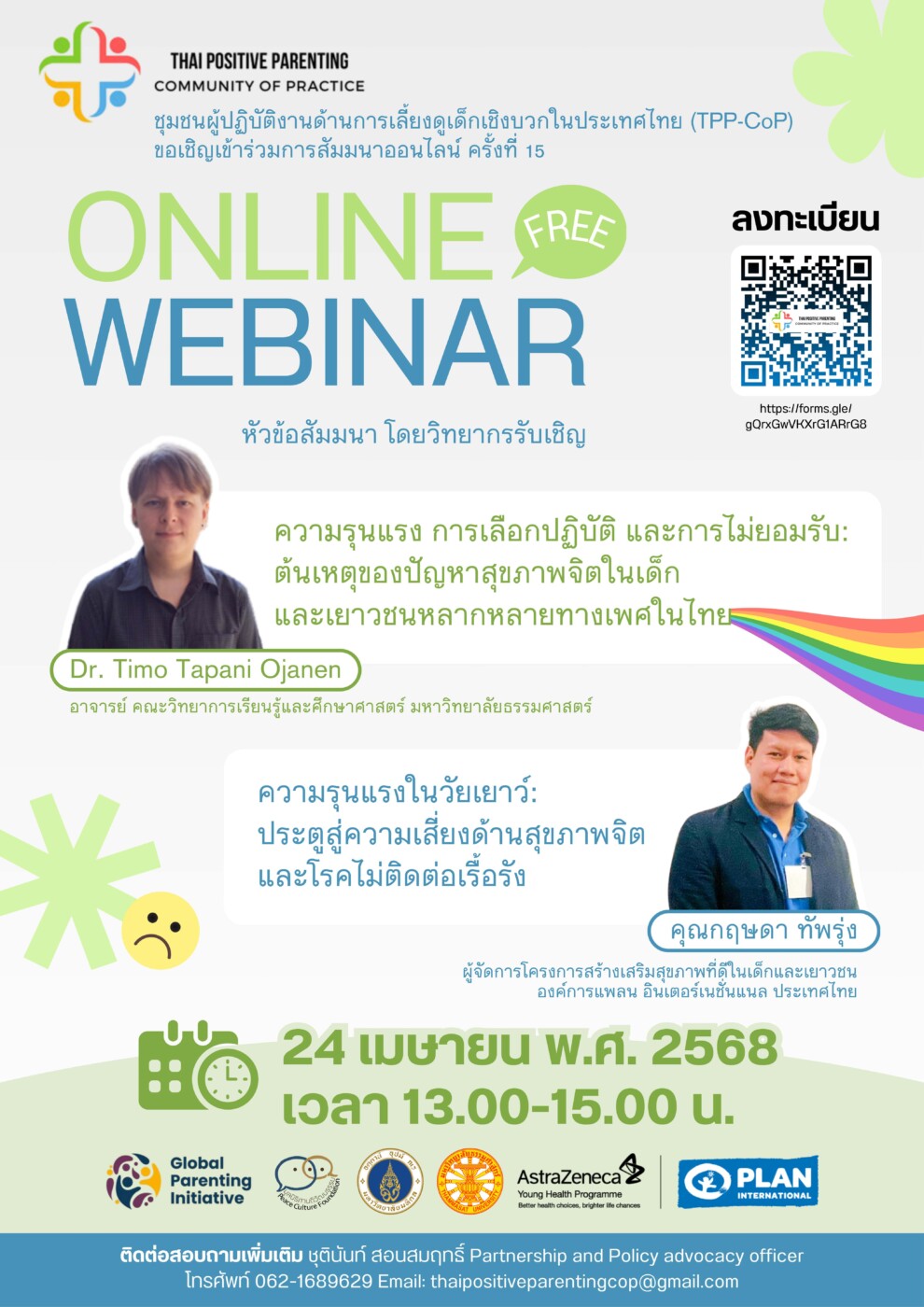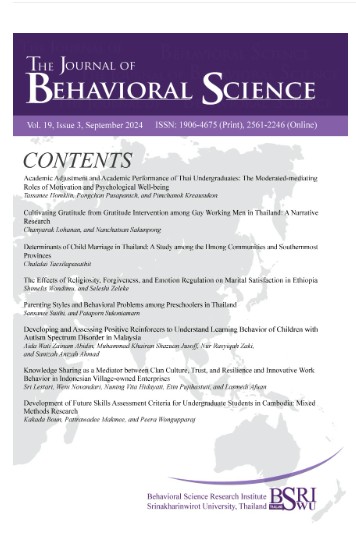The primary objective of this report is to analyse the current state of inequality among children and provide recommendations on how to ensure every child in Thailand has an equal chance to thrive. The findings are expected to contribute to the development of evidence-based policies at national and sub-national levels aimed at closing inequality gaps among children. The secondary aim of this study is to begin a wider conversation about inequality in opportunities for children across Thailand. Despite the nation’s commendable strides in offering unprecedented chances for many children, it is vital to acknowledge that some are still left behind. This report highlights disparities in 12 key areas and provides practical advice in bridging these gaps. As Thailand aims for high-income status, it must prioritize the well-being and equitable opportunities for all of its children. The recent data from the 2022 Thailand Multiple Indicator Cluster Survey (MICS) presents an excellent opportunity to pinpoint key issues critical to children’s well-being and analyse the gaps. MICS stands as the largest source of statistically sound and internationally comparable data on women and children worldwide. Since its inception in 1995, MICS surveys have been conducted in 120 countries and are a major source of data on the Sustainable Development Goals (SDGs). Since 2005, five rounds of MICS have been conducted in Thailand by the National Statistical Office with support from UNICEF. What makes MICS so valuable and effective? It is not only its rigorous methodology and comprehensive data, but also its ability to create detailed information about diverse groups. It allows us to see disparities and inequalities among older and younger children, those in urban and rural areas, children with mothers who have primary and higher education, and children from poorer and richer families. This level of detail helps policy makers create interventions that meet these specific needs. Another benefit of MICS is that it covers all children, including those outside mainstream systems. For example, it looks at both children in education and those who drop out of schooling, families covered by social protection, and those outside of it. Data forms a foundation for change and progress. However, its true value is unlocked only through effective utilization. At UNICEF, we firmly believe that the right data needs to be in the right hands at the right time. We hope that the insights from MICS data and the in-depth analysis presented in this report will serve as a powerful call to action. The recommendations outlined herein aim to serve as a roadmap for meaningful change.
Keywords Gan and unequal, Thai Children, Education access, Public Health, Child protection
Author UNICEF Thailand
Year: 2024 2024
For more information please visits..
Report from UNICEF Thailand.. Link for more information:https://uni.cf/3RSeMtj




